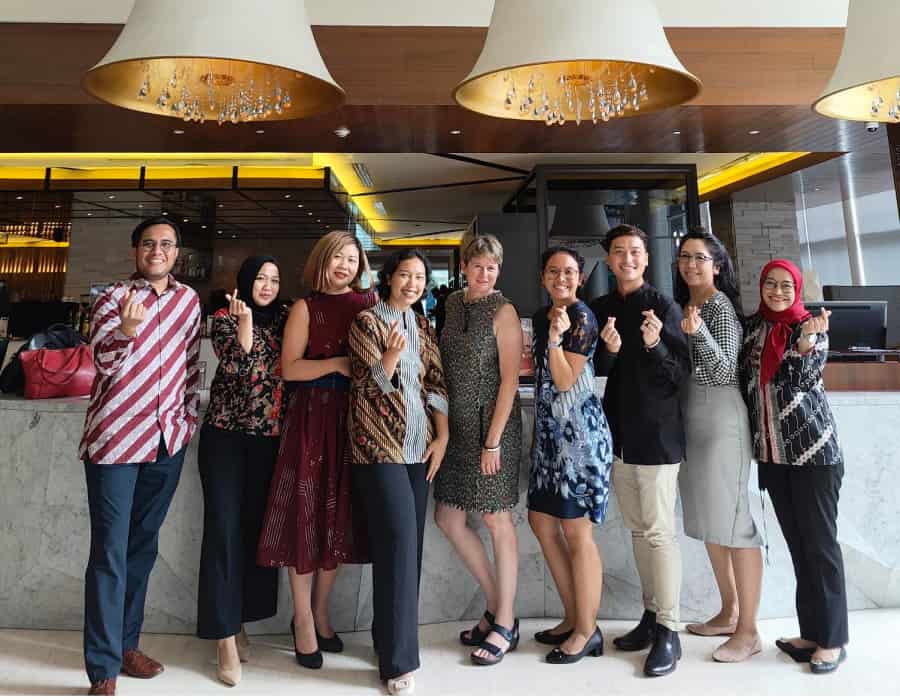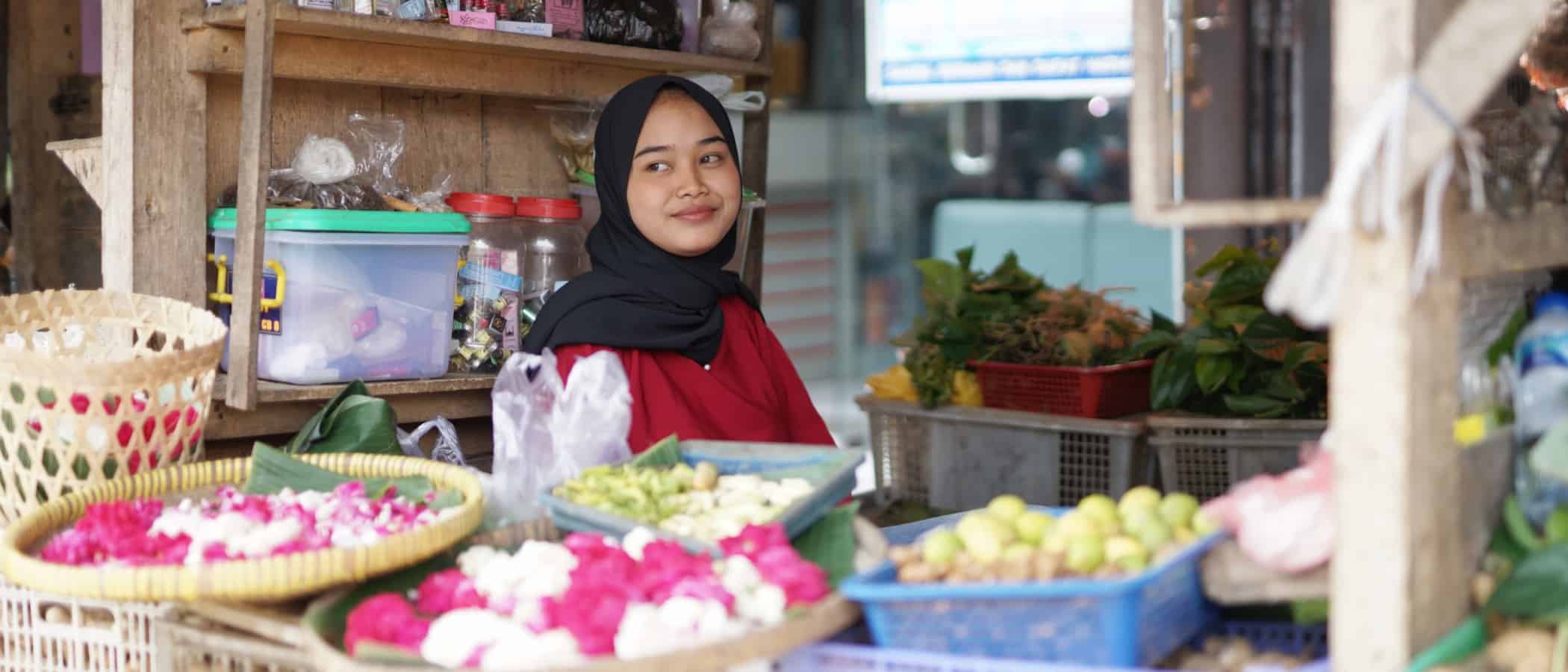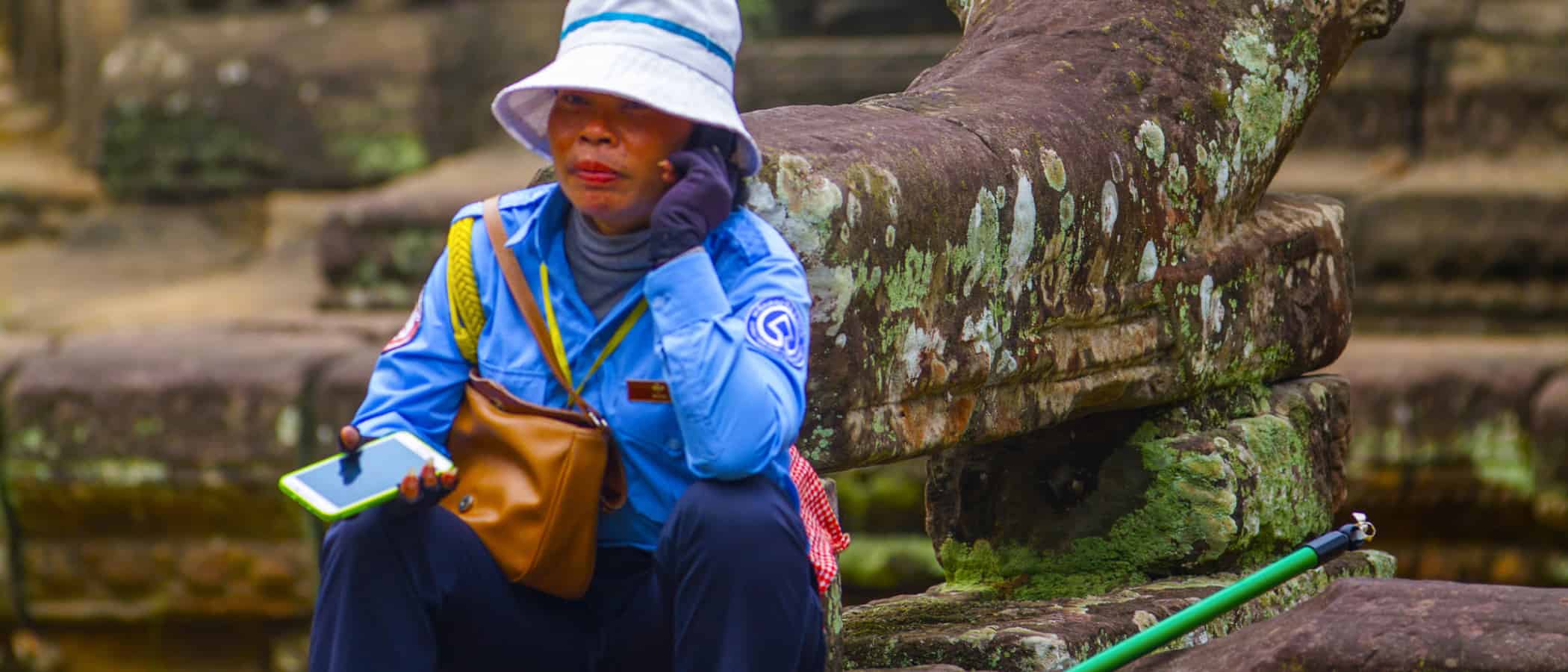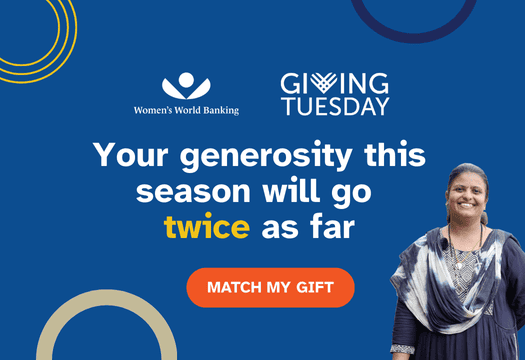Southeast Asia
Learn how our efforts have benefitted women and banking institutions in this region.
Usage and Engagement for Underbanked
Despite policy progress and growth in digital infrastructure, millions of low-income women in Southeast Asia remain financially underserved. This exclusion stems from more than just limited access; it also stems from a lack of women-centered design and delivery. Key barriers include:
- Low confidence and digital capability, which hinder the consistent and independent use of digital financial tools.
- Limited active use of financial services, even when women have accounts through government programs or employer payments.
- Financial products and channels often do not align with women’s cash flow patterns, financial goals, or trust dynamics.
- Social norms and household dynamics restrict women’s financial decision-making and autonomy.
- Inadequate support from frontline actors, such as agents, peer leaders, and employers, who lack gender-sensitive tools and training.
- Insufficient gender-intentional design and data use within financial institutions leads to missed opportunities to effectively serve women.
How We're Addressing the Problem
Women’s World Banking in Southeast Asia advances women’s financial inclusion by co-designing solutions with financial service providers that reflect women’s needs, behaviors, and constraints. Specifically in Indonesia, Cambodia, and Vietnam, we strengthen adoption and usage of financial services by:
- Embedding gender-intentional strategies into product design and delivery.
- Leveraging agent networks to improve access and reach.
- Building capacity across frontline actors – such as agents, peer leaders, and employers – to support women customers.
- Applying gender data and behavioral insights to tailor solutions and shift financial behavior.
- Working with regulators, banks, and policymakers to ensure women are visible, valued, and served in the financial system.
Savings
Women’s World Banking partnered with Permodalan Nasional Madani (PNM) to increase the uptake and sustained use of Simpedes UMi savings accounts among ultra-micro women entrepreneurs. Through a women-centered, product-service paired solution, the initiative aimed to:
- Design a savings activation solution grounded in behavioral insights and aligned with women’s lived financial realities.
- Tailor savings tools – including a double-sided wallet, worksheet, and milestone badges – to encourage goal-based saving and daily habits.
- Build capacity of PNM field staff through training to ensure effective delivery and frontline buy-in.
- Leverage the community group model and banking agents within the community to improve access, trust, and convenience.
- Promote small, consistent deposits by integrating savings conversations into loan repayment meetings and using reminders and incentives to reinforce positive behaviors.
G2P Account Usage
In partnership with Bank Rakyat Indonesia (BRI), Women’s World Banking supported Indonesia’s Program Keluarga Harapan (PKH), a national conditional cash transfer program targeting low-income women, to:
- Design behavioral solutions that build psychological ownership of G2P accounts among low-income women.
- Tailor account engagement tools such as the “Balap Bonus BRI” challenge and certificate of ownership to boost confidence and use.
- Leverage PKH facilitators, peer leaders, and banking agents as trusted messengers within women’s networks.
- Build capacity across the ecosystem through training and alignment on account messaging.
- Promote savings, bill payments, and active use of digital accounts beyond basic withdrawals.
Digital Account Activation
Women’s World Banking partnered with Wing Bank in Cambodia to:
- Replicate and adapt a proven digital account activation solution for low-income women in Cambodia.
- Tailor transaction tutorials and learning modules to factory workers with low digital literacy.
- Leverage factory team leaders and peer trainers instead of agents to deliver hands-on financial coaching.
- Build digital capability through learning-by-doing sessions focused on transfers, bill pay, and savings.
- Promote consistent usage of Wing accounts through in-person support and ongoing digital reinforcement.
Digital Remittance
In partnership with DANA, Women’s World Banking designed a solution to help Indonesian domestic migrant women workers open and use e-money accounts. The project aimed to:
- Design a women-centered remittance solution that meets the needs of low-income domestic workers.
- Tailor onboarding and transaction tools to women with low digital and financial literacy.
- Leverage employers as a trusted channel to expand access and drive account activation.
- Embed financial behaviors through payday-timed nudges, relatable use cases, and in-app rewards.
- Promote women’s control over their income by shifting remittances from cash-based to self-managed digital channels.
What We Are Learning
Women-tailored solutions drive behavioral change. When products and services reflect women’s goals, constraints, and daily realities, as seen with savings tools at PNM and ownership certificates at BRI, women are more likely to open and actively use financial accounts.
- Trusted intermediaries make a difference. Leveraging familiar figures (peer leaders, factory team leaders, employers, and women agents) builds trust and supports uptake, especially among first-time or low-literacy users.
- Peer support fuels confidence and consistency. Group-based interactions, shared experiences, and peer encouragement help women build confidence and stay committed to financial behaviors.
- Capability must match access. Infrastructure alone doesn’t close the gap. Women need practical, step-by-step support, such as tutorials, challenges, and reminders, to build digital confidence and form lasting financial habits.
- Incentives enhance motivation. Simple rewards, public recognition, and progress markers support habit formation and continued use, as demonstrated in the PNM and BRI pilots.
- Gender data is a strategic asset. Gender-disaggregated insights reveal effective strategies and guide partners in refining products, agent support, and outreach to achieve measurable impact.
Results We Are Seeing
Through collaborations with key FSP partners including state-owned banks (AMK, BNI, BRI), commercial banks (WING), and major digital service providers (DANA), and subsidized funding from the Indonesian government, we have reached over 6.4 million women with financial services in our key markets in Southeast Asia.
- Our G2P Account Activation and Engagement solution developed in partnership with BRI has reached more than 1.6 million Program Keluarga Harapan (PKH) beneficiaries since 2021.
- Our savings account activation solution with PT Permodalan Nasional Madani (PNM) has reached more than 3 million women since 2023.
- Our Payroll Account solution with WING Bank has been rolled out to more than 84,000 Cambodian women factory workers since 2022. As a result of our Solution with Wing, today approximately 40% of women factory workers with Wing digital payroll accounts actively use the WING banking app.
- Our Digital Remittances solution with DANA was rolled out to more than 270,000 women in 2022.
"Access to digital financial services has become a necessity, especially for Indonesian women. We formed the WDFI Coalition as a forum for stakeholders to collaborate in efforts to improve the welfare of Indonesian women, to achieve gender equality in the economic field, mainly through the three main agendas of the WDFI Coalition."
Lenny Rosalin
Former Deputy Minister, Ministry of Women's Empowerment and Child Protection, Indonesia
"As a result of working with Women’s World Banking, AMK is looking more closely at identifying the strongest use cases to attract new women customers and ensure that barriers that women face in using formal financial services are identified and steps are taken to provide an improved customer journey for women."
Kea Borann
CEO, AMK Microfinance Institution, Canada
Our Southeast Asia Team
Angelique Timmer
Regional Head
Vitasari Anggraeni
Policy and Advocacy
Elwyn Panggabean
Advisory Services
Policy and Advocacy
Sharada Ramanathan
Programs and Relationship Management

Our Regional Partners
Financial Service Providers (FSPs)
Indonesia
- BNI
- BRI
- DANA
- Amartha
Cambodia
- Wing Bank
- AMK
- Credit Bureau of Cambodia
- Boost Capital
Philippines
- CARD MRI
- NWTF
Policymakers and Regulators
Indonesia
- Bank Indonesia
- BAPPENAS
- Coordinating Ministry of Economic Affairs
- Executive Office of the President of the Republic of Indonesia
- Otoritas Jasa Keuangan (OJK)
- Pusat Investasi Permerintah (PIP) – Ministry of Finance
- Ministry of Social Affairs
- Ministry of Women’s Empowerment
Cambodia
- National Bank of Cambodia
- Ministry of Economy and Finance
- Ministry of Women’s Affairs
Philippines
- Bangko Sentral ng Pilipinas (BSP)
- Insurance Commission
Thailand
- Securities and Exchange Commission (SEC)
Papua New Guinea
- Bank of Papua New Guinea
Research Partners
- Lembaga Demografi
- Mitra Mandiri Riset (MMR)
- SuveyMETER
- Indochina Research
- RISE Indonesia
Case Studies

BRI Bank in Indonesia





